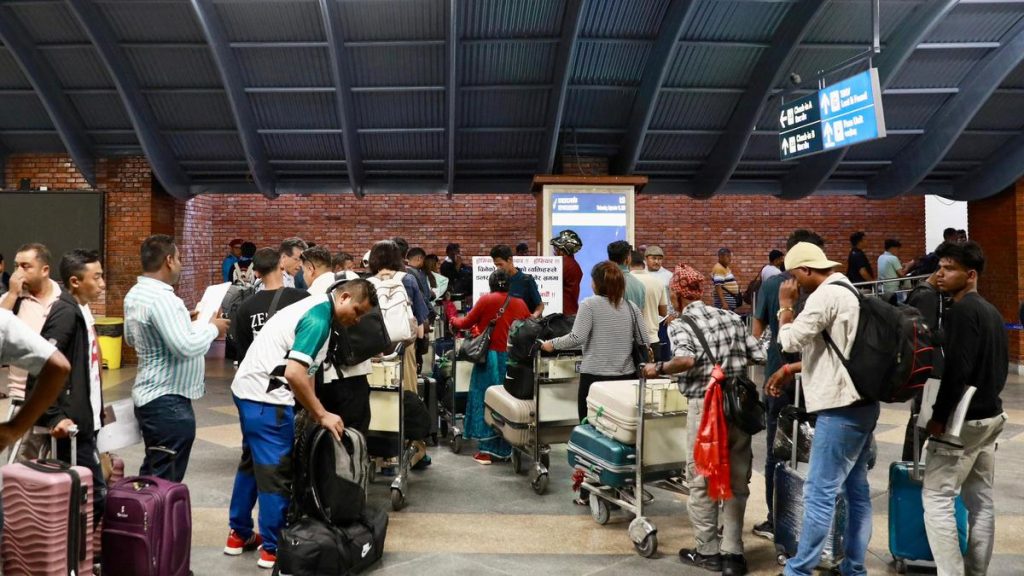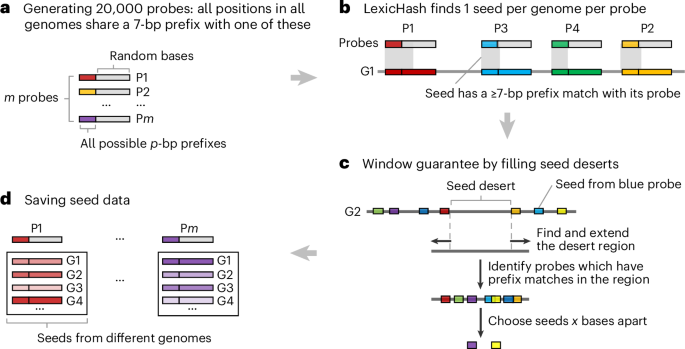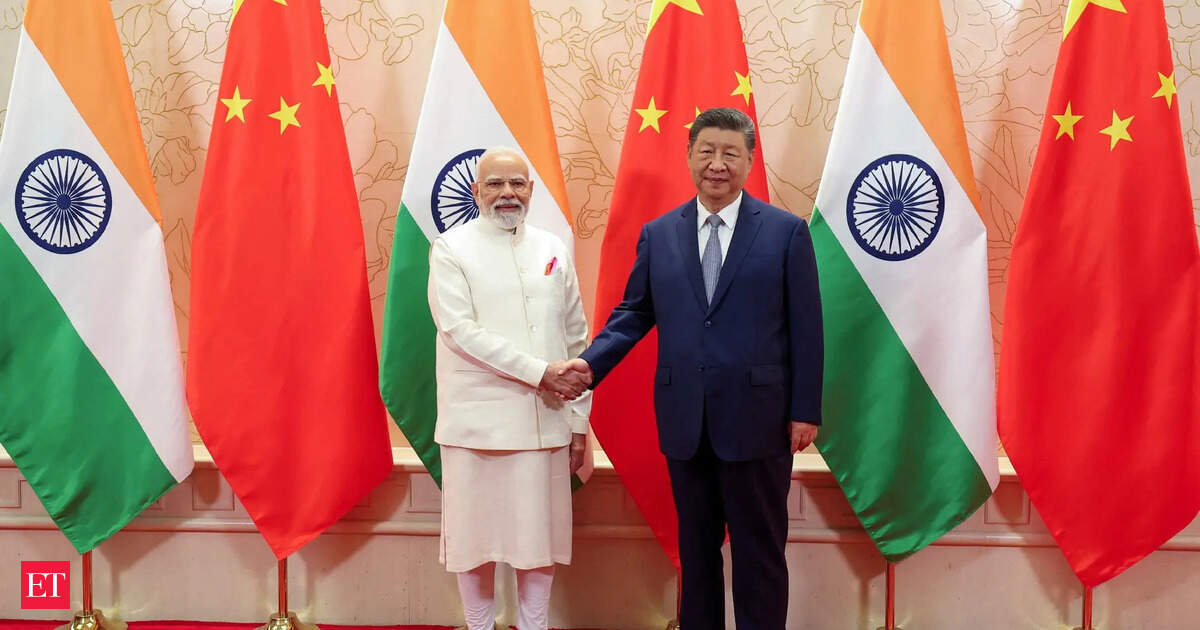Now Reading: Land-for-Jobs Case: Lalu Seeks Delhi HC Intervention to Quash CBI FIR
-
01
Land-for-Jobs Case: Lalu Seeks Delhi HC Intervention to Quash CBI FIR
Land-for-Jobs Case: Lalu Seeks Delhi HC Intervention to Quash CBI FIR
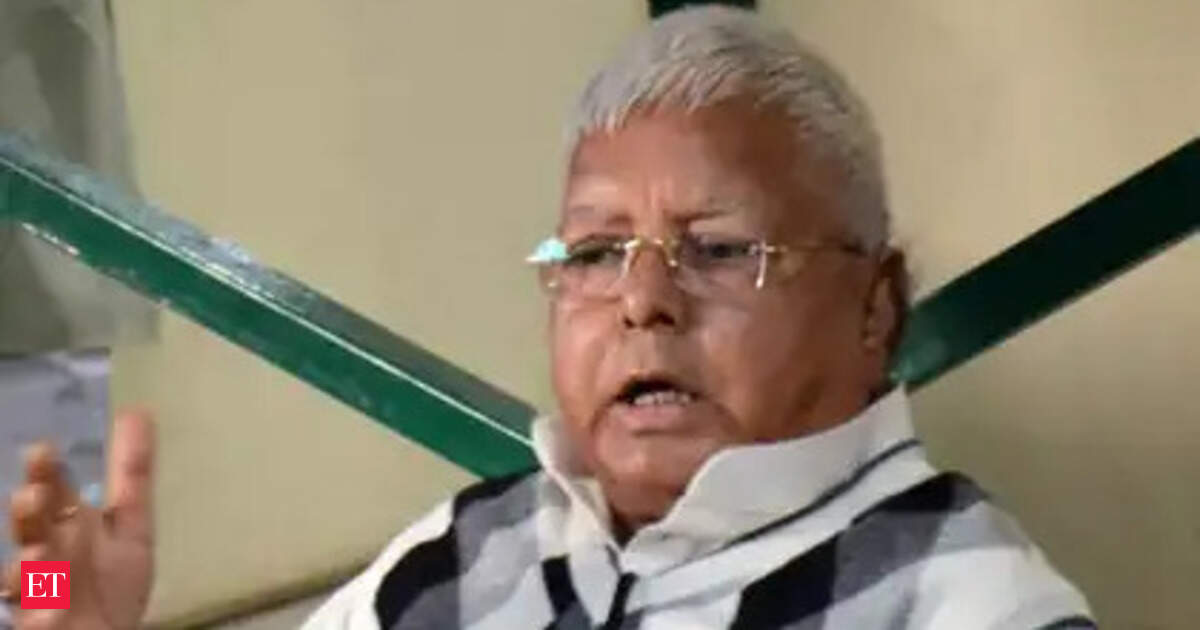
Quick Summary
- Lalu Prasad Yadav has filed a petition in the Delhi High Court seeking to quash the CBI FIR related to the land-for-jobs scam, asserting it was initiated without proper sanction under the Prevention of Corruption Act.
- His counsel, Kapil Sibal, argued that mandatory sanction was required as Yadav was serving as Railways Minister when the alleged offences occurred.
- The case pertains to Group D appointments in Indian Railways from 2004-2009 allegedly made in exchange for land parcels transferred to Yadav’s family or associates.
- CBI claims Yadav deliberately delayed his arguments before the trial court and considers such behavior obstructive.
- The matter, including whether lack of sanction invalidates parts of the investigation, is ongoing and will be heard further on September 25.
- Supreme Court previously refused to stay proceedings; Delhi High Court earlier declined requests for intervention due to no “compelling reason.”
- Yadav argues political vendetta behind reopening old cases despite previous closure reports. The initial FIR dates back almost 14 years post allegations.
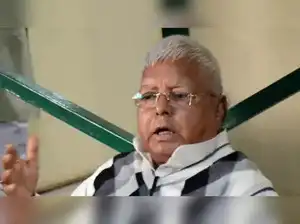
Indian Opinion Analysis
The case highlights critical legal questions surrounding retrospective investigations and procedural violations in corruption cases. Lalu prasad Yadav’s argument hinges on whether mandatory sanctions under the Prevention of Corruption Act were overlooked during registration of the FIR-a factor with potential implications for investigations into high-ranking officials nationwide. Courts appear focused on distinguishing applicable laws (PC Act versus IPC) while balancing procedural fairness against concerns over deliberate delays by defense parties.The broader significance lies not just in addressing alleged corruption but also ensuring institutional accountability by law enforcement agencies like CBI regarding protocol compliance during high-stakes investigations. irrespective of outcome, this raises deeper governance questions about judicial oversight in politically charged matters and reinforces public discourse around transparency in retroactive actions.Read More




